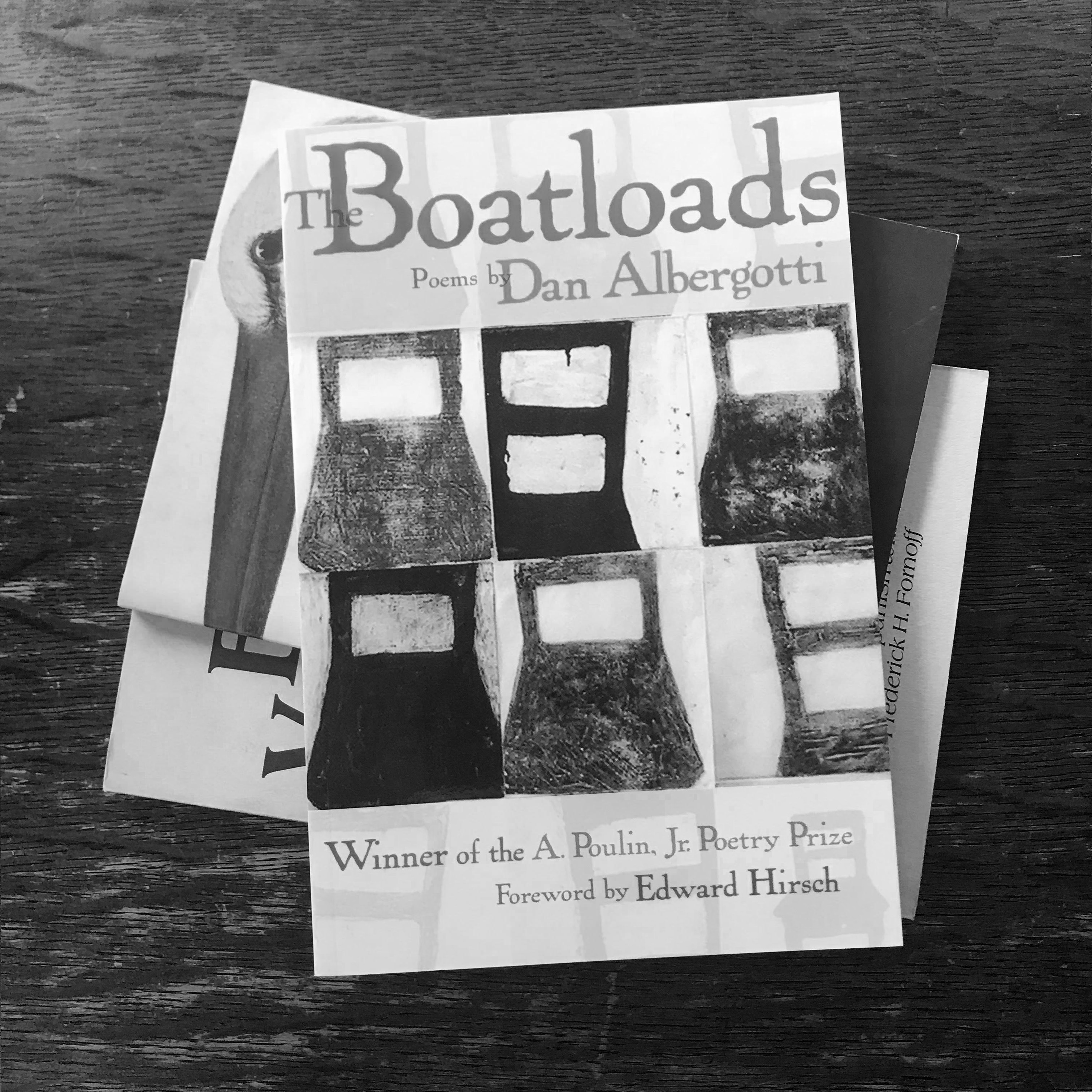This book was selected by Edward Hirsch as the winner of the 2007 A. Poulin, Jr. Poetry Prize- which is weird, since Edward Hirsch also wrote the forward. The prize is $1000 dollars and help them get published. I’m not going to dig to hard into this aspect of the poetry book because it has nothing to do with the writing but it begins to paint a picture of the poetry world that is very incestuous.
I’ve learned to hate poetry book forwards. What are forwards suppose to be? What are they for? where do they come from? I know what I’ve been lead to believe them to be from english class, but why are they never that? Why is it someone deconstructing the author and explaining with intense detail poetry and meaning? If you need to explain every line to me for me to enjoy this book, I will simply not enjoy it. It almost feels more like its a chance for the publisher to get their name more on the book, to grab just a tad bit of attention to the genius of someone funding a book. I have just learned to hate it intensely.
On to the poetry…
“Amongst things he does not deserve”- an early poem in the book, uses a list poetry style to communicate he does not deserve one of the items toward the end of the list (his lovers affection). I remember a teenage lover I had who sent me a similar poem, but alphabetized. It’s a neat device.
The author (Dan Albergotti) is skilled, the poems read in the right way, plays right to the proper audience, and the book paints a picture of a man who wants a child, who feels like he doesn’t deserve love from his wife, fear of dying, fear of failing, religious but not too religious, and who doesn’t kill bugs when he doesn’t have to. He flickers from past to present, demonstrating the changes clearly. He is probably tied for poetry skills for singleton poetry I’ve read in the past 10 years excluding the greats.

The most jarring change occurs in Song 246, about a kidnapped boy trapped in a basement.
This collection is just that, a collection, lacking any story behind them. It’s maybe not fair to judge the book this way, as it wasn’t written to be a story, but its what I ultimately want out of a poetry book. Perhaps I’m mostly dissatisfied because I didn’t feel like this was going to be the case from looking at the books cover and back of cover. That said, the first third of the book is the ENTIRE book. Once you’ve read the first third you’ve read it all. Its good poetry, but the same poem over and over. I’d recommend this book as a gift to an artsy friend who just had a kid. Reading it as an individual in one go leaves a lot of repeptition, an example being the song references. They aren’t over lapping or interconnected to tell a story- they are a similar gimmick to tell a single poem multiple times in different publications. Very good as a stand alone but together it doesn’t mesh well. This book has a limited duration you should spend reading it. Open to a random poem, read it, close the book, and be satisfied. Else by the time you get to the poem “song of the last true god”‘s second line (“is silent because the last true god sings in a vacuum”) you will have read this line for the 4rth time.
75 out of 100 you would rate it higher if you read one poem, but I read the book and I rate the book.


